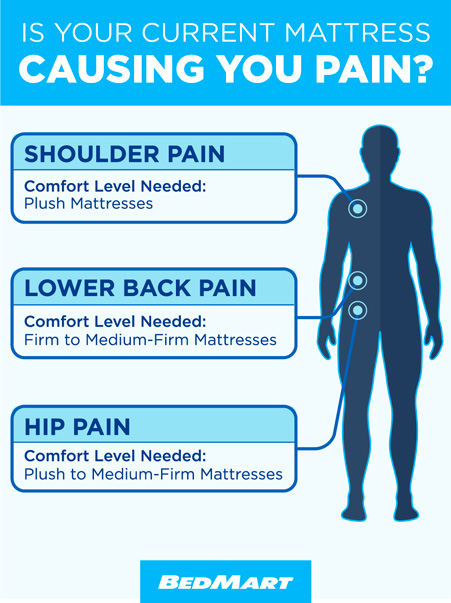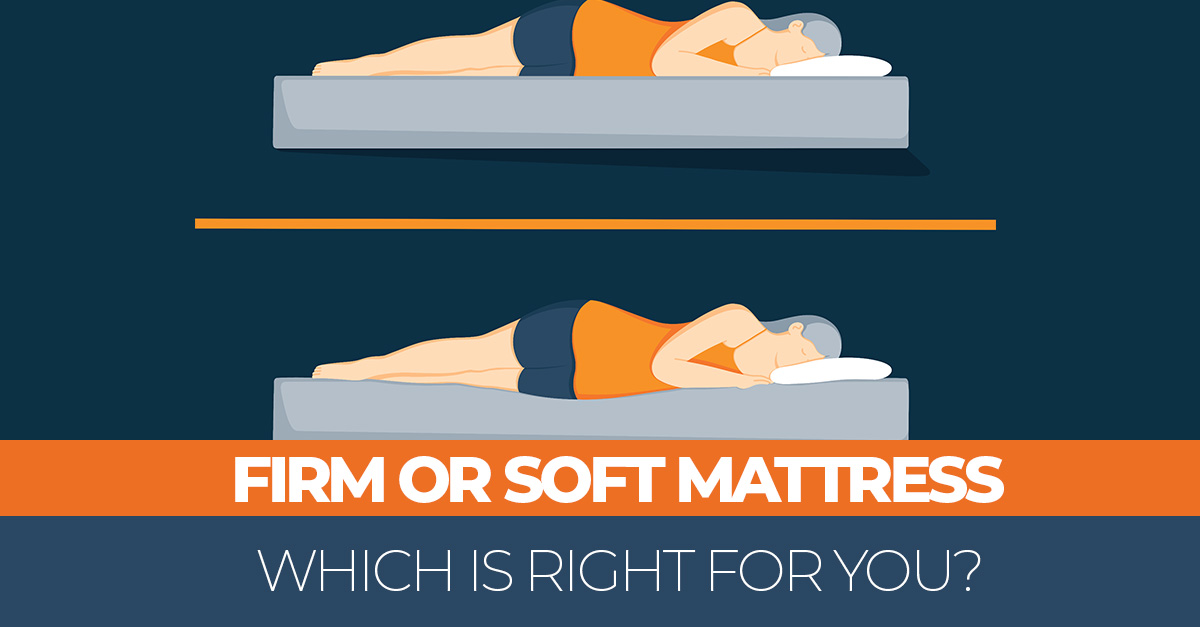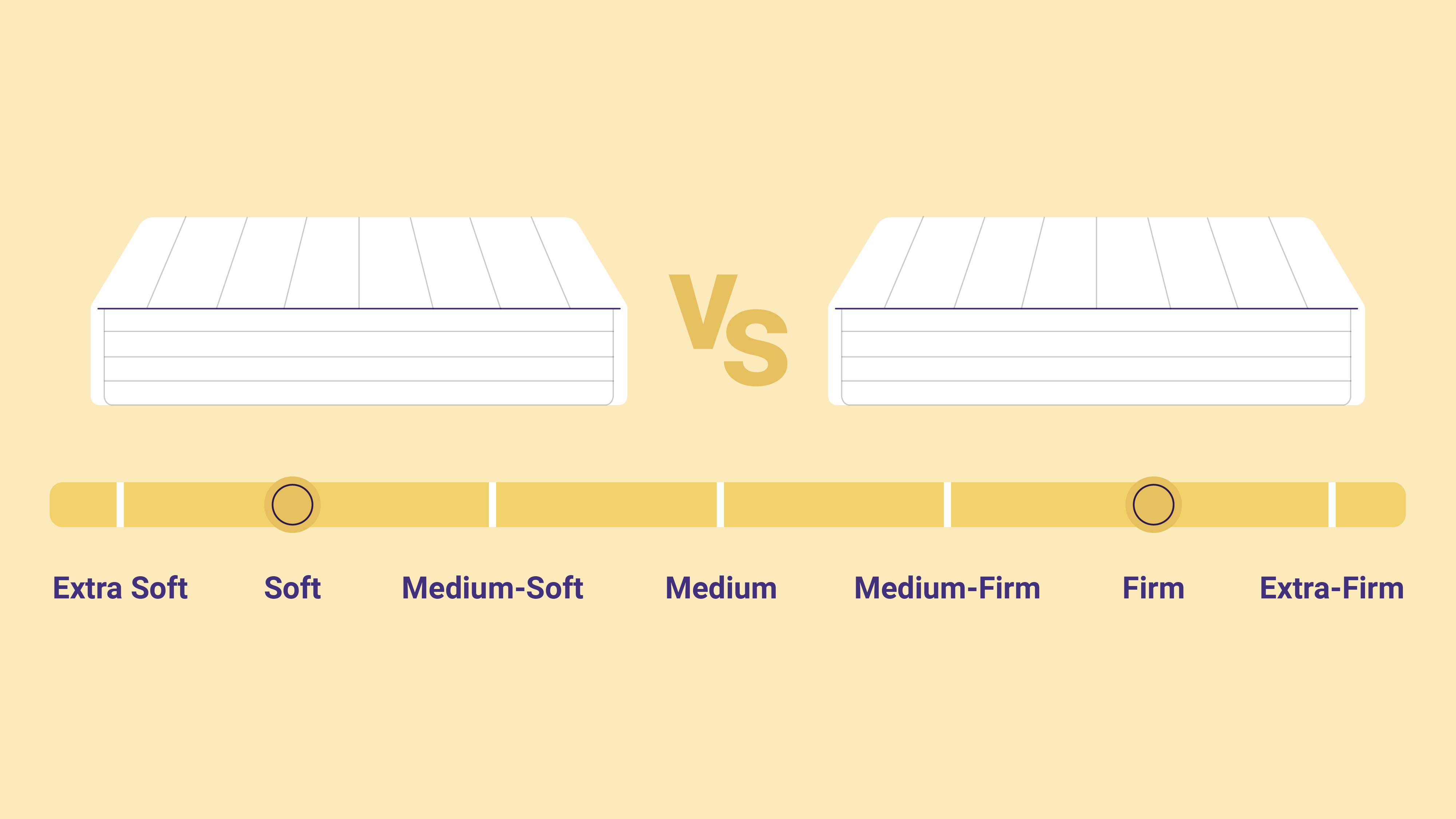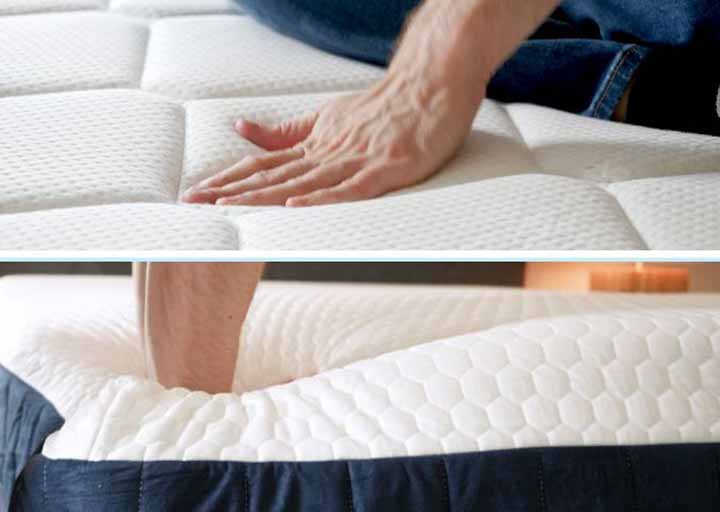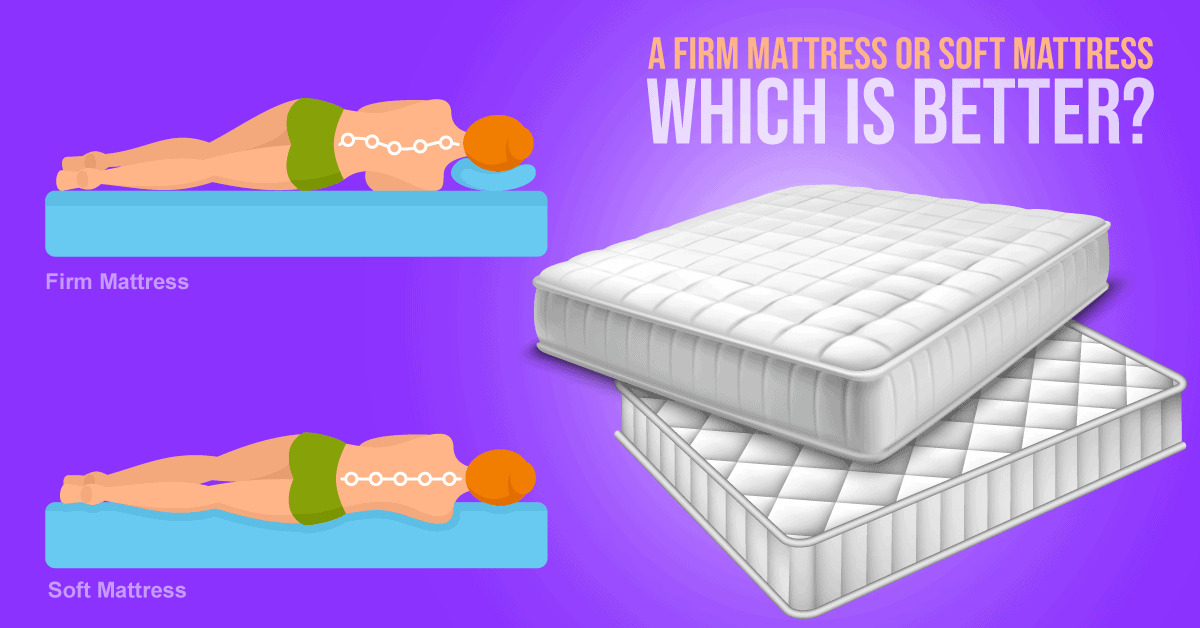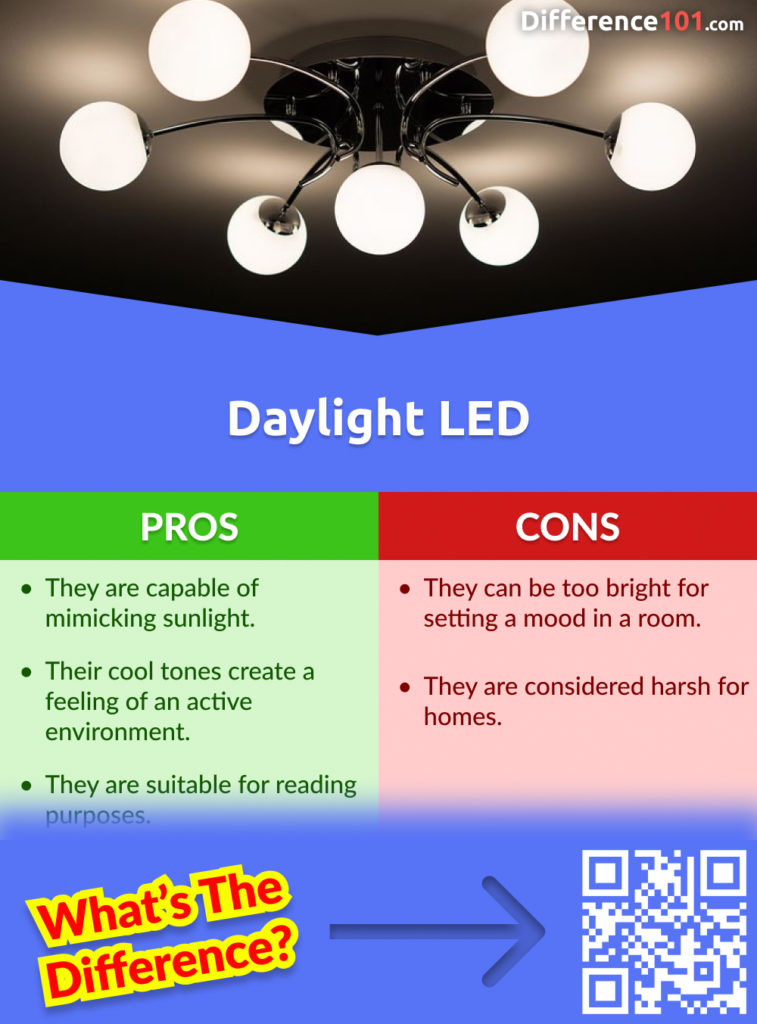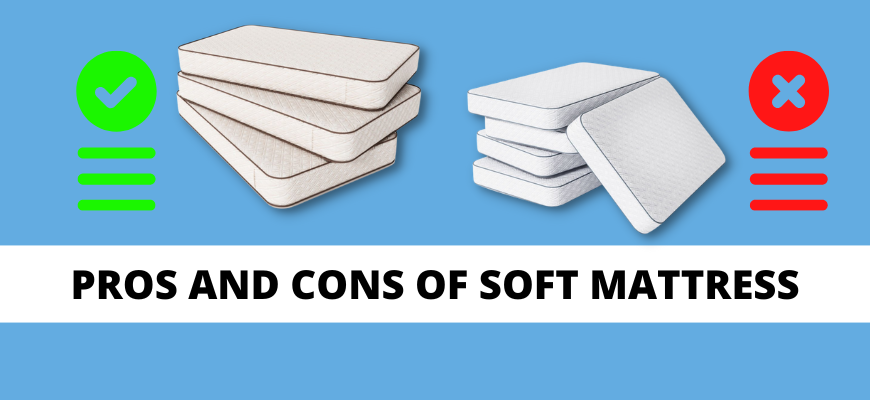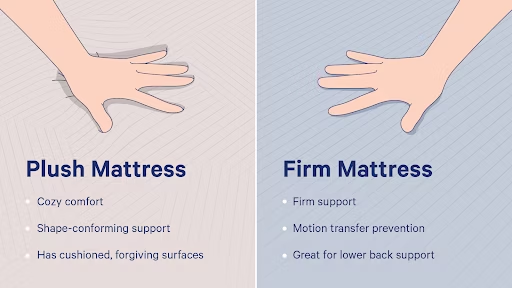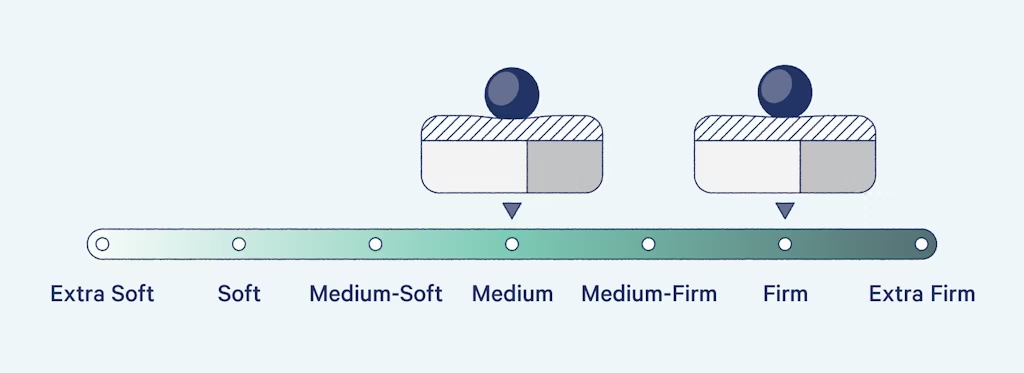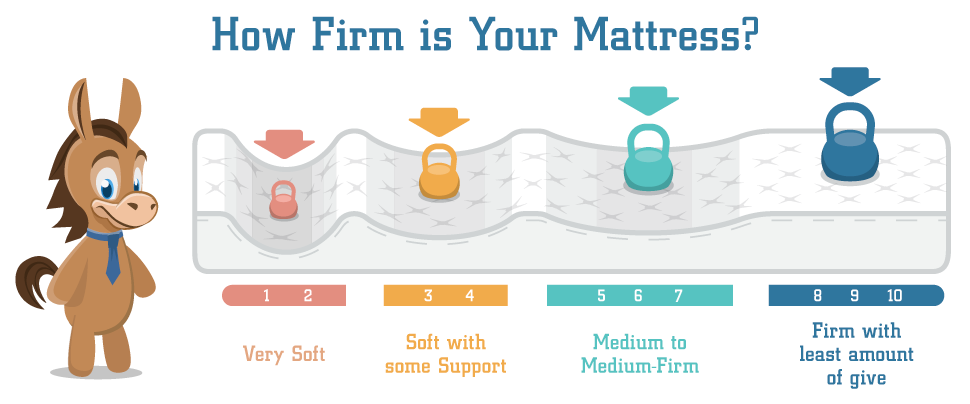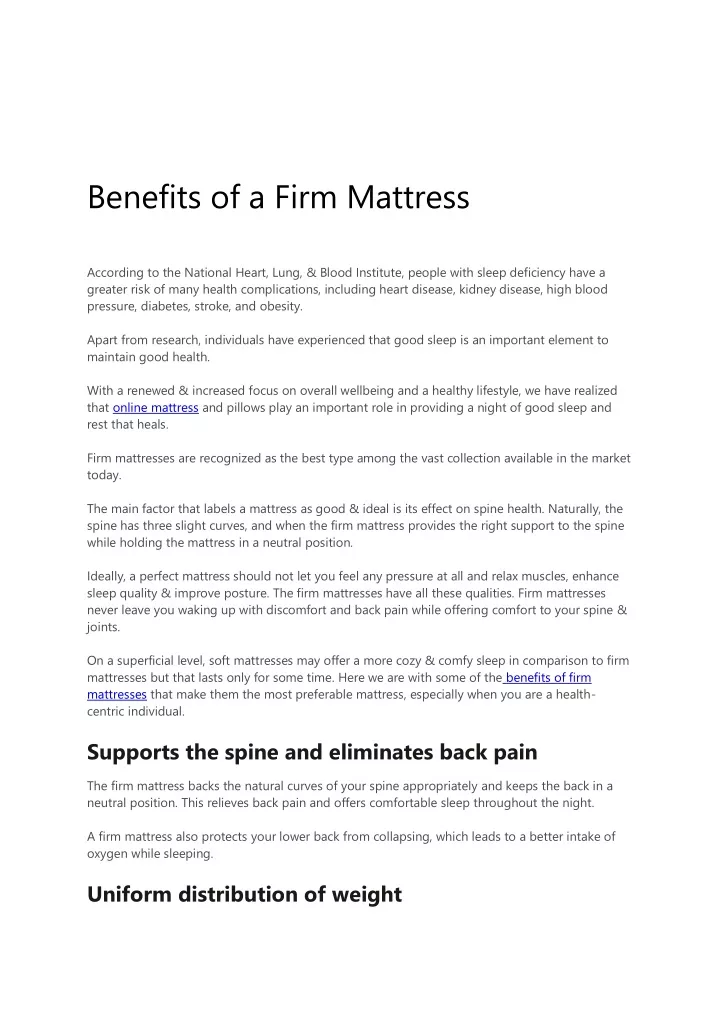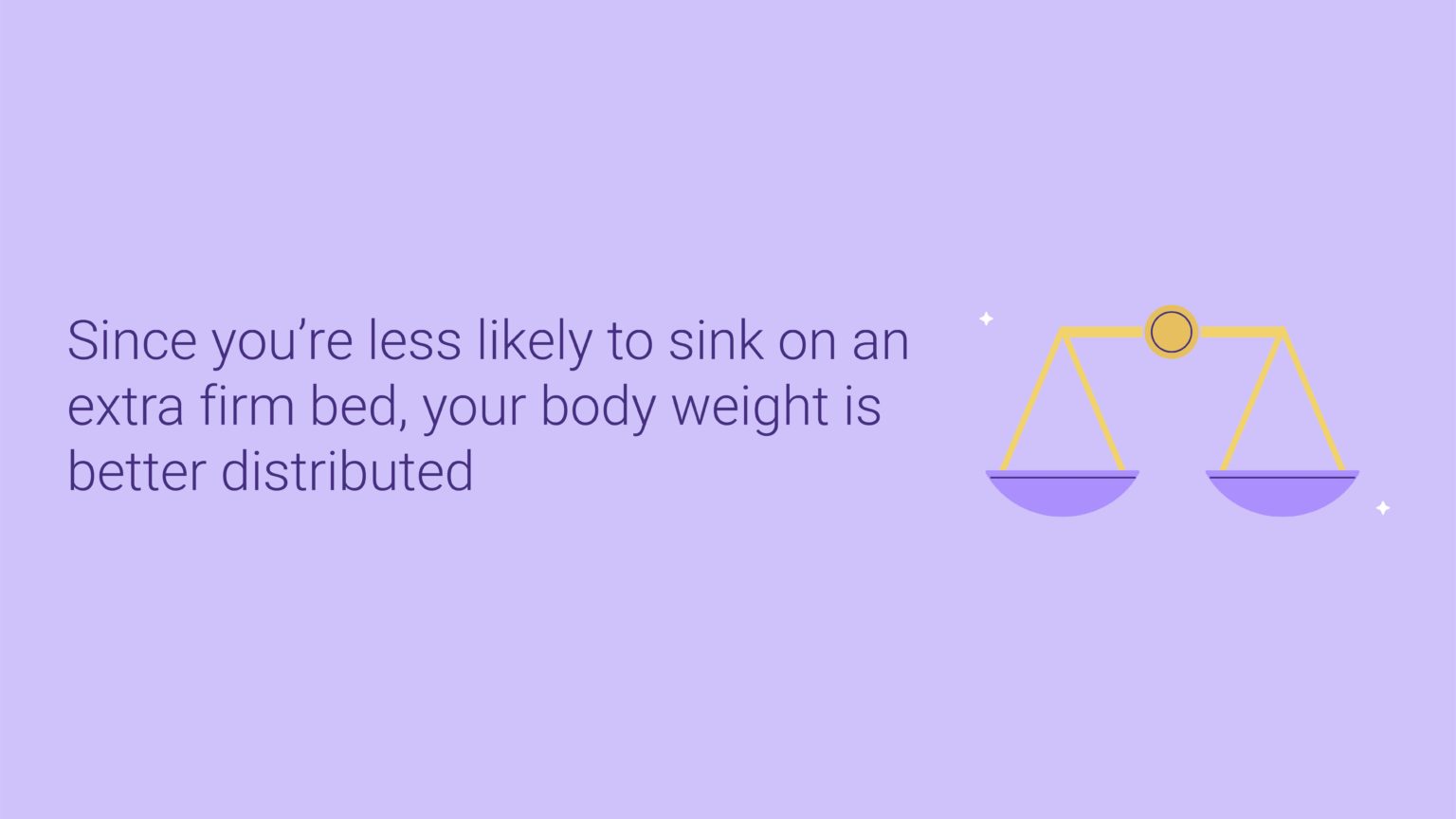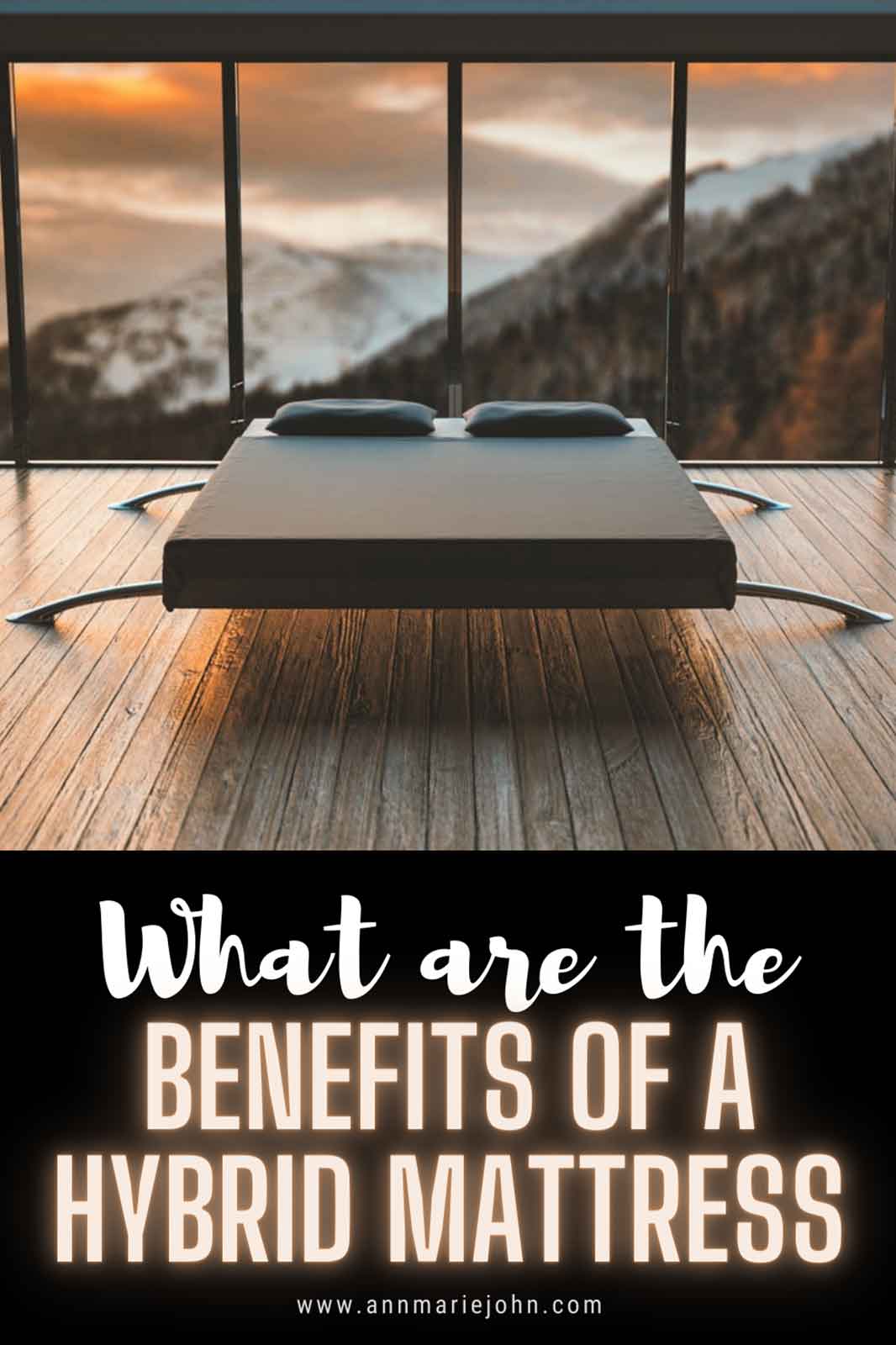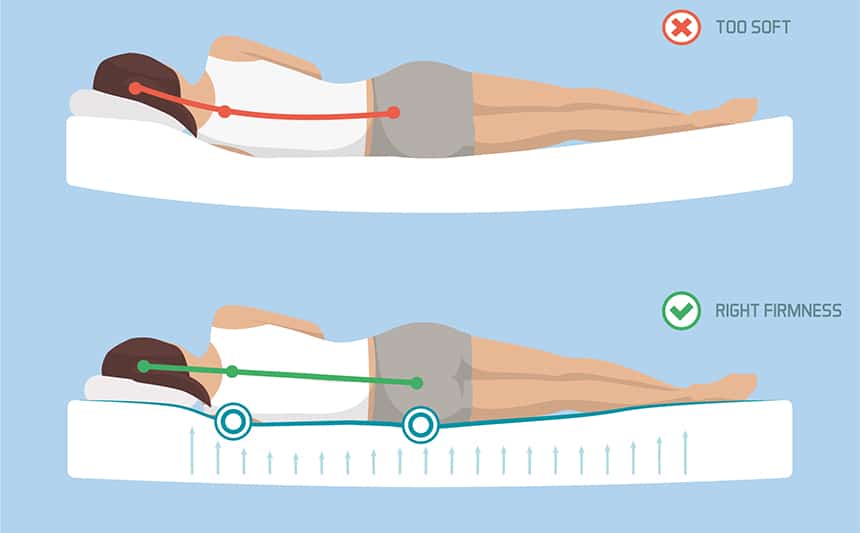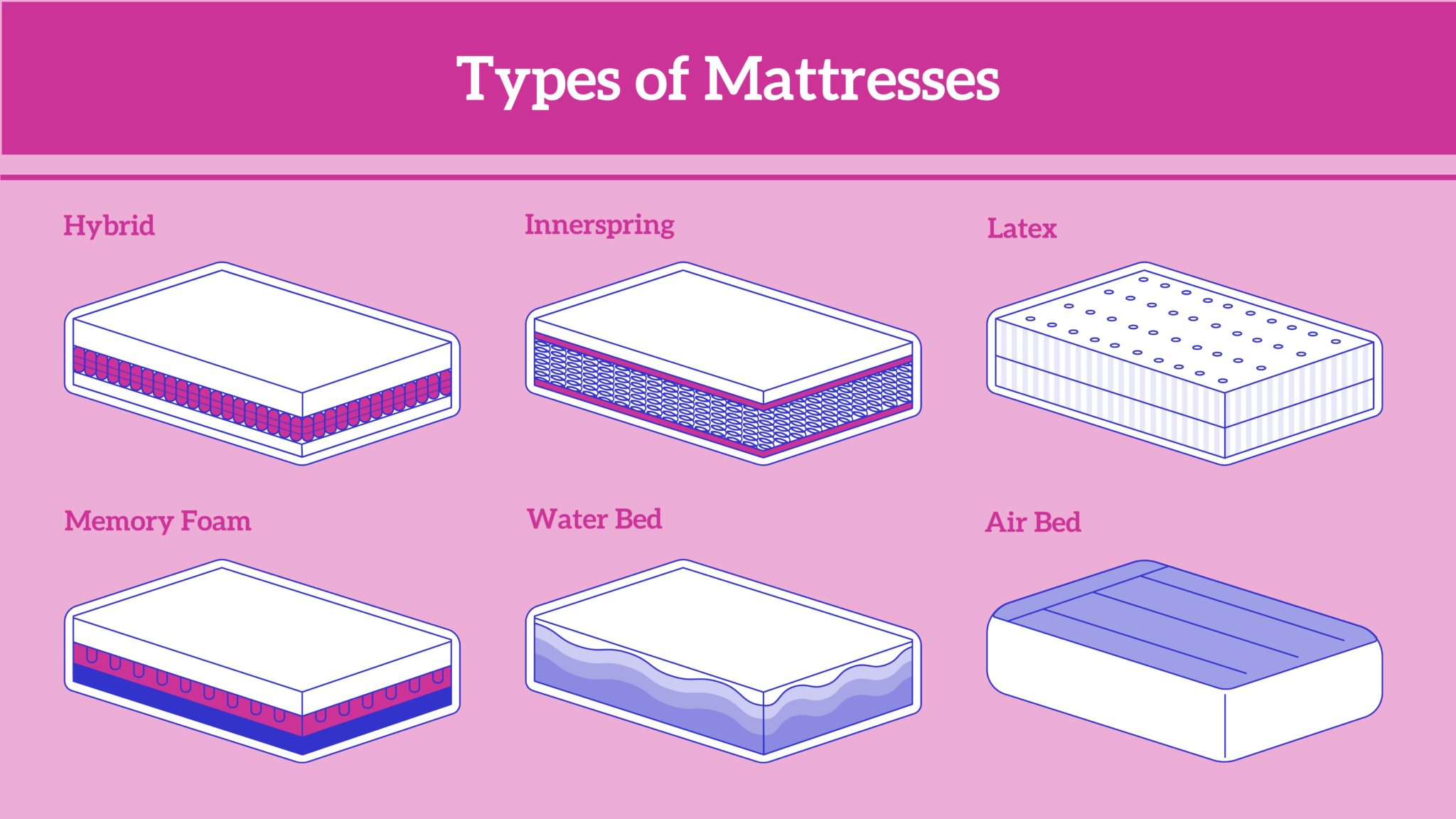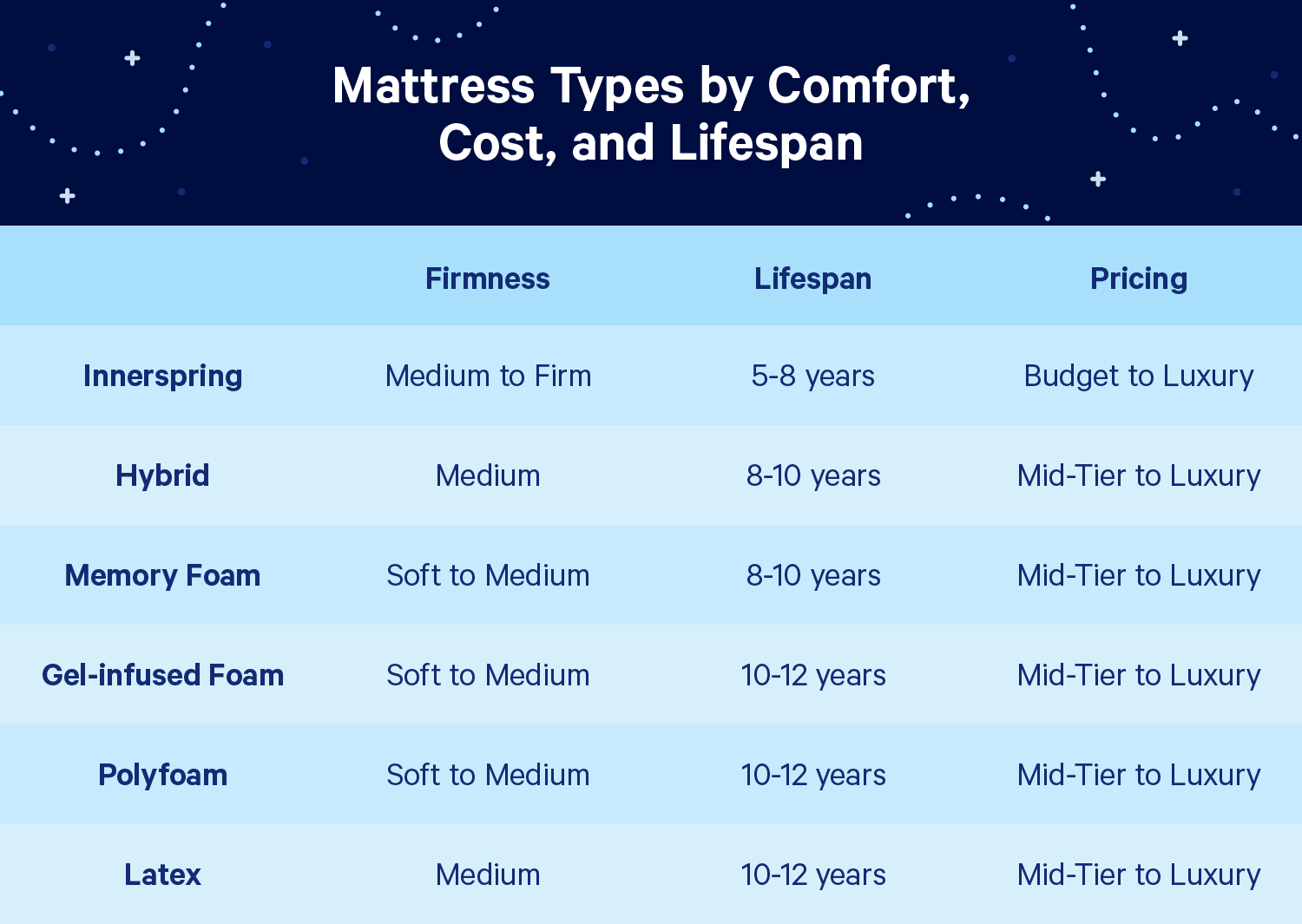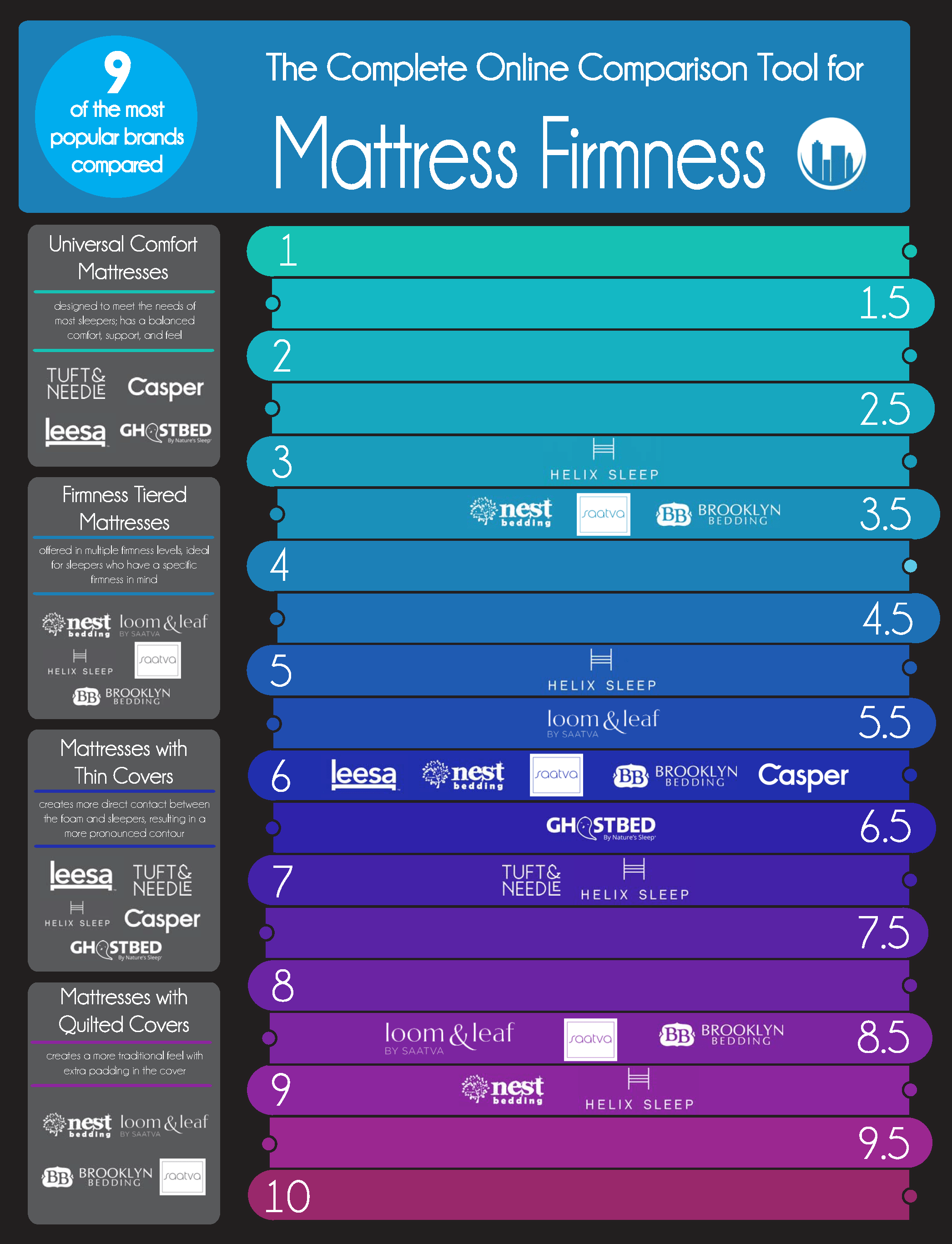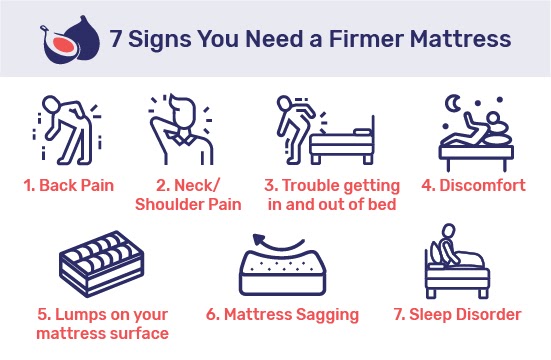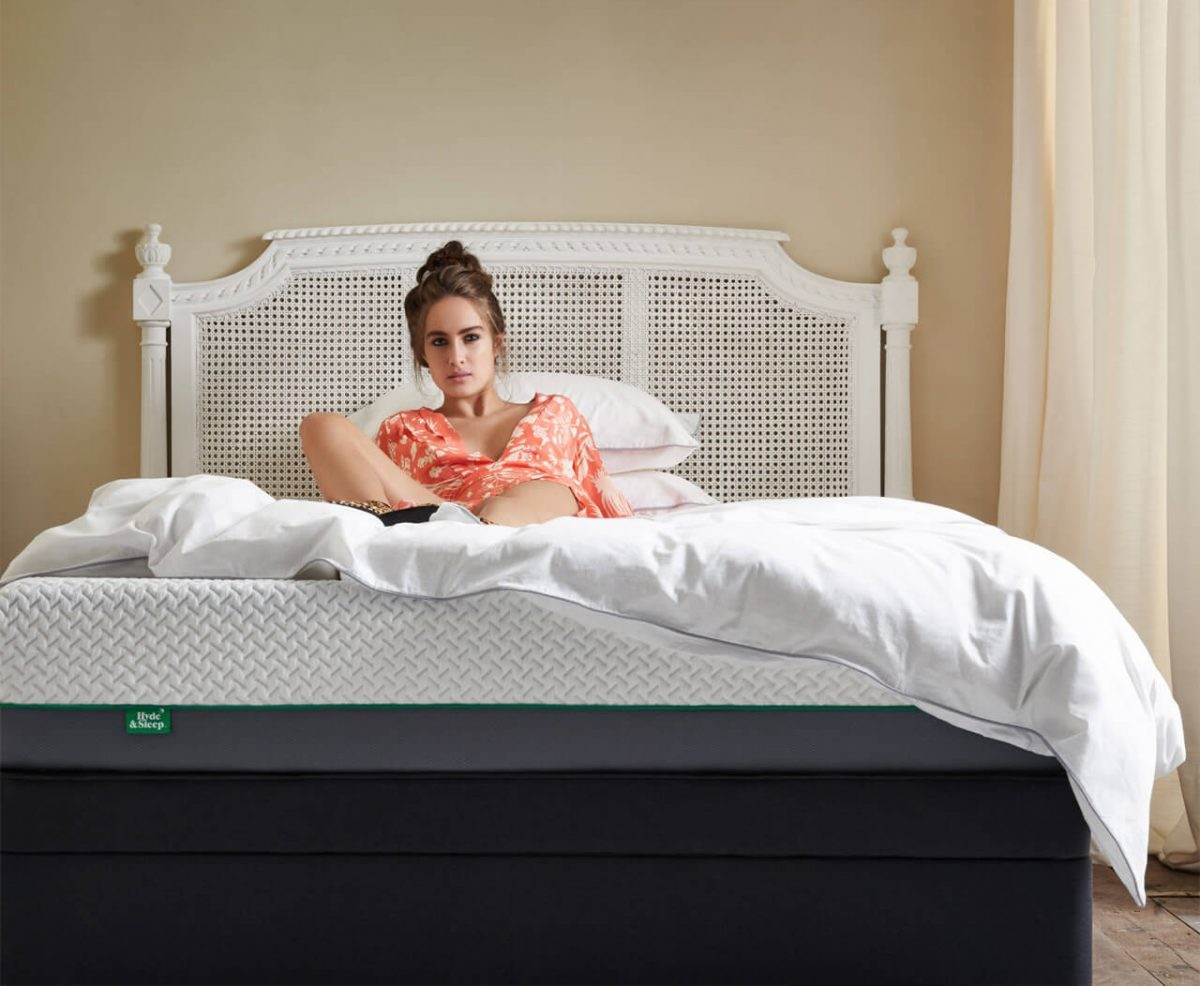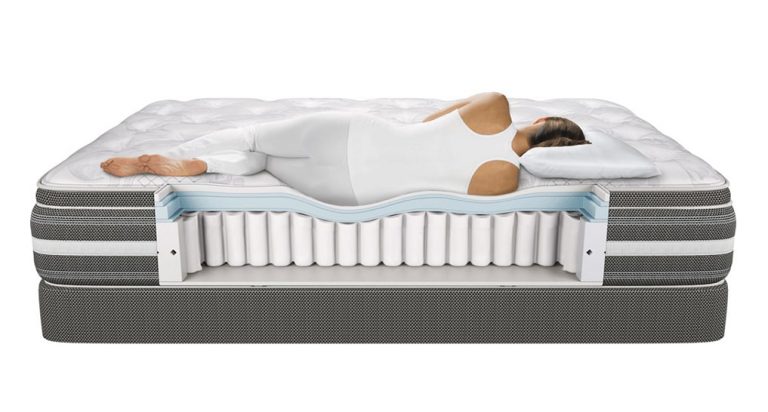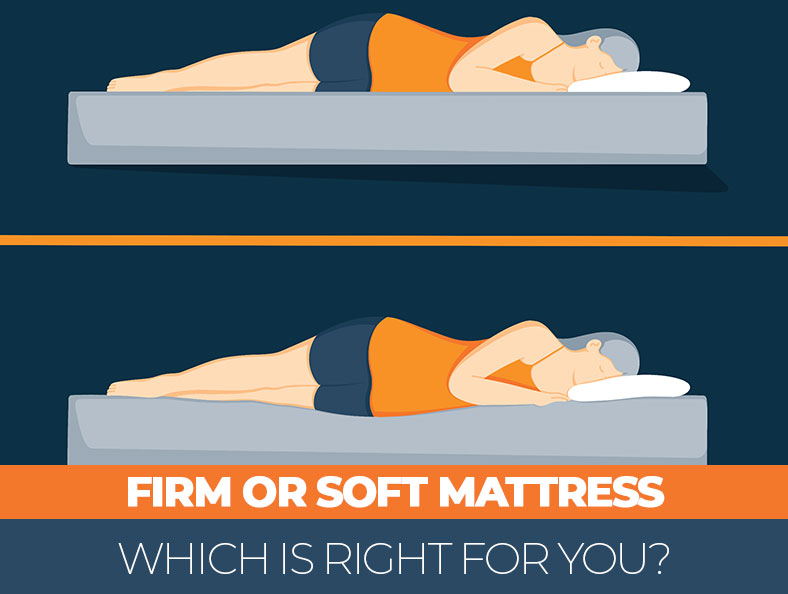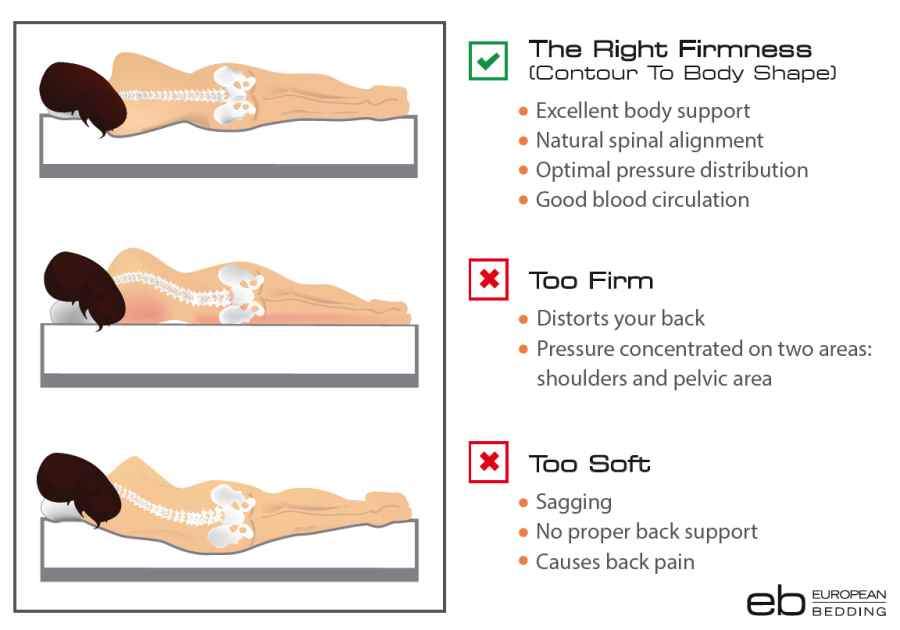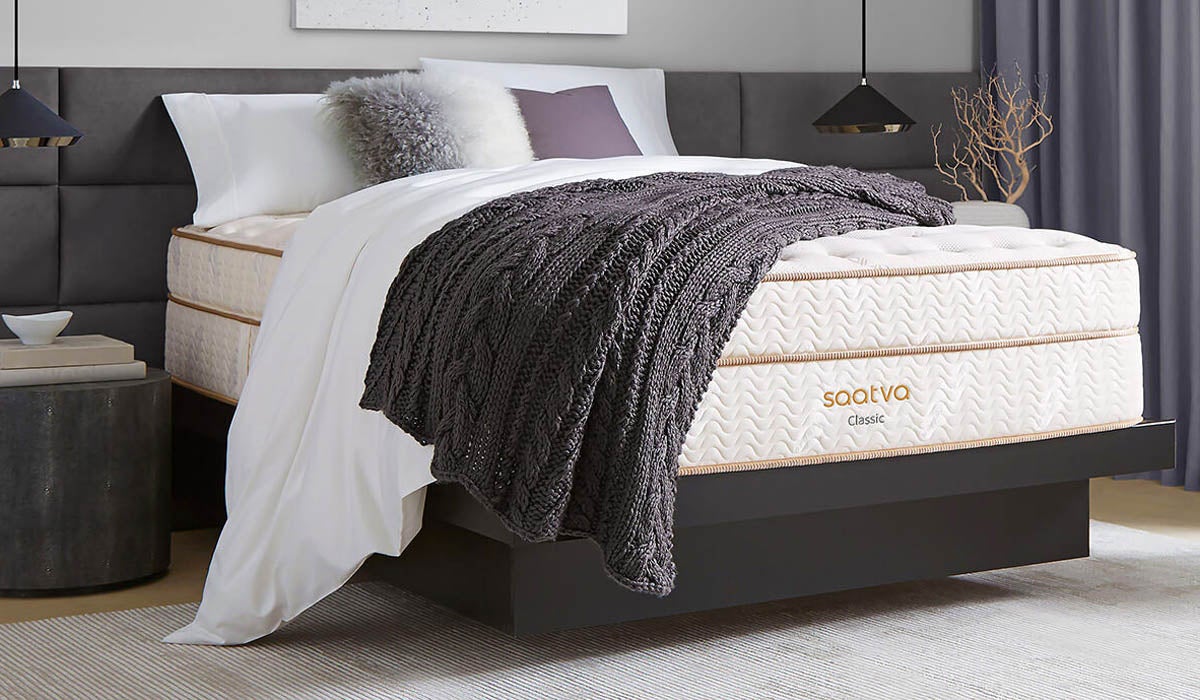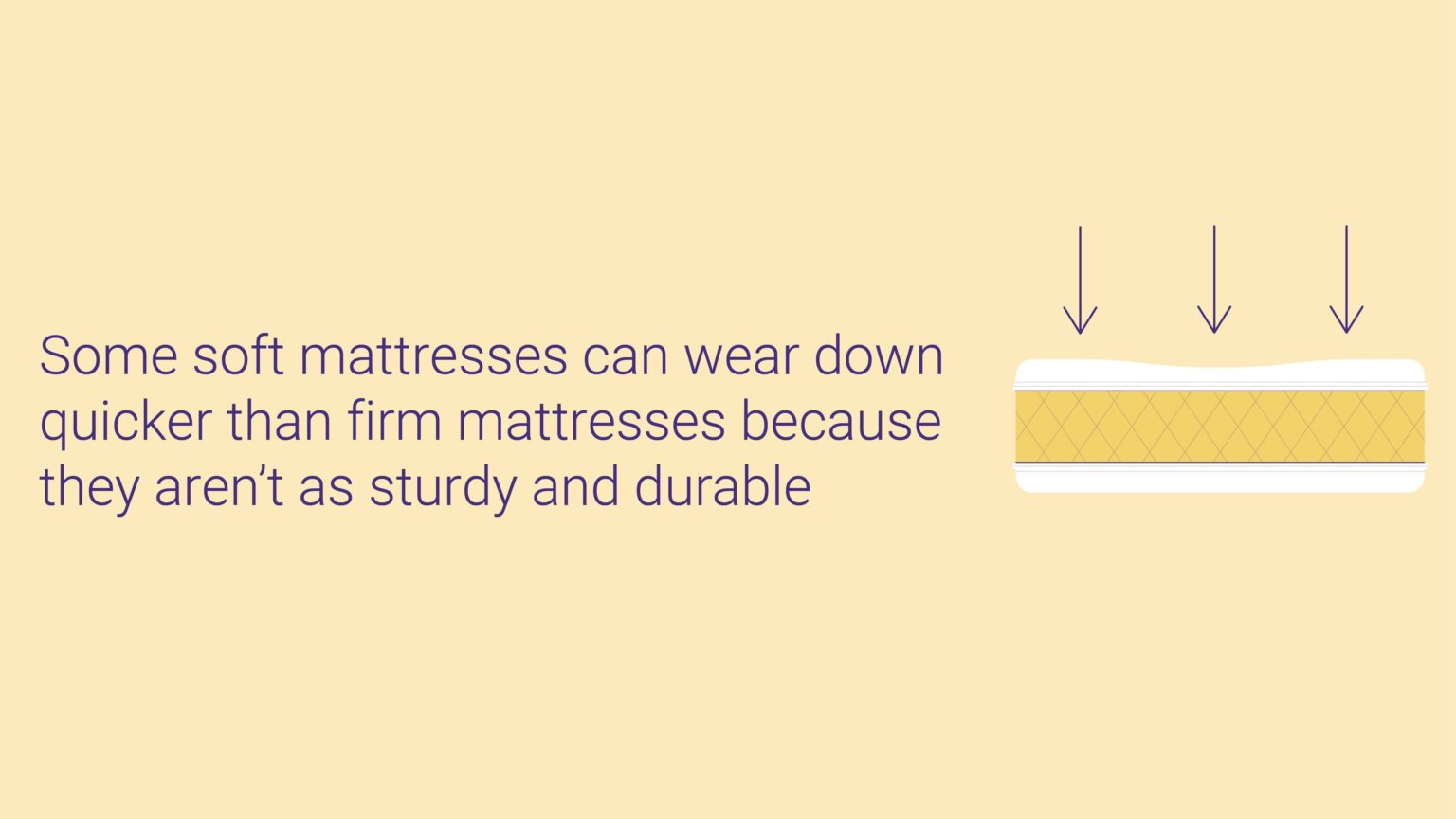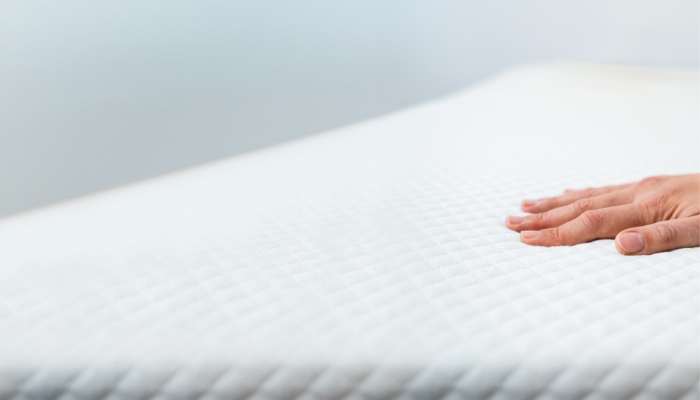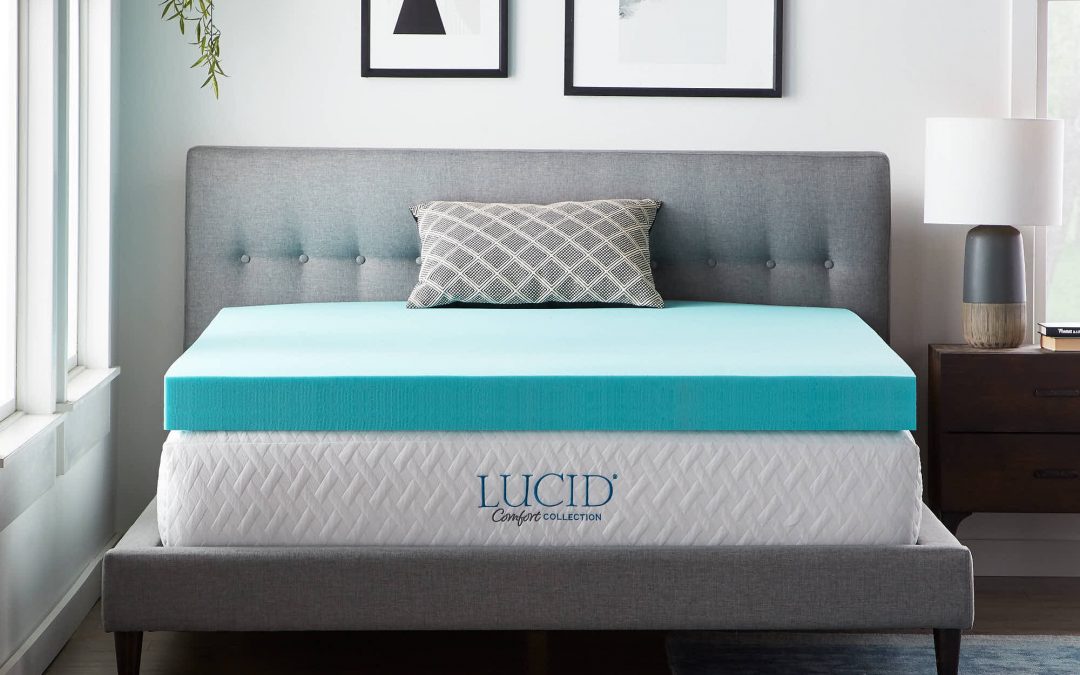When it comes to choosing a new mattress, one of the biggest decisions you'll face is whether to go with a firm or soft option. Both have their own unique benefits and it can be difficult to determine which is the right fit for your needs. In this article, we'll break down the differences between firm and soft mattresses and help you make the best decision for your sleep comfort. Firm vs Soft Mattress: Which One is Right for You?
Before we dive into the details, let's take a look at the pros and cons of each type of mattress. A firm mattress offers a more supportive and stable surface, which can be beneficial for those with back pain or who prefer a firmer feel. However, it may feel too hard for some and not provide enough cushioning for pressure points. On the other hand, a soft mattress provides a plush and comfortable feel, perfect for those who enjoy sinking into their bed. But it may not offer enough support for those with back issues and can lead to sinking and discomfort over time. The Pros and Cons of a Firm vs Soft Mattress
When it comes down to choosing between a firm or soft mattress, there are a few key factors to consider. First, think about your sleeping style. If you tend to sleep on your back or stomach, a firmer mattress may be a better fit for you. Those who sleep on their side may prefer the plushness of a soft mattress. You should also take into account any existing back pain or discomfort. A firmer mattress can help alleviate pressure and provide support, while a soft mattress may cause more pain in the long run. How to Choose Between a Firm or Soft Mattress
A firm mattress offers many benefits, especially for those with back pain or who prefer a more supportive feel. The firm surface helps keep your spine aligned and can alleviate pressure on your back. It also provides a stable surface, making it easier to get in and out of bed. For those who are overweight, a firmer mattress can provide better support and prevent sinking into the bed. Additionally, a firmer mattress tends to have a longer lifespan, as it is less likely to sag over time. The Benefits of a Firm Mattress
On the other hand, a soft mattress has its own set of benefits. The plush surface can provide a comfortable and cozy feel, perfect for those who enjoy sinking into their bed. It can also help alleviate pressure points and reduce the risk of developing bedsores. A soft mattress can also be a good fit for those with certain health conditions, such as arthritis, as it can help reduce pain and discomfort. Additionally, a soft mattress can be a good option for couples, as it can absorb movement and reduce disruptions during the night. The Benefits of a Soft Mattress
The main difference between a firm and soft mattress is the level of support and firmness they offer. A firm mattress is designed to provide a stable and supportive surface, while a soft mattress offers a plush and cushioned feel. The level of firmness can vary between different mattresses, so it's important to test them out and find the best fit for your needs. Firm vs Soft Mattress: What's the Difference?
When it comes to determining the right level of firmness for your mattress, it ultimately comes down to personal preference and comfort. However, there are a few general guidelines that can help you find the perfect balance. If you opt for a firm mattress, it should be supportive without feeling too hard. If you go for a soft mattress, it should provide enough cushioning without causing you to sink too deeply. It's important to find the right balance between support and comfort for a good night's sleep. How Firm or Soft Should Your Mattress Be?
As mentioned earlier, your sleeping style can play a big role in determining whether a firm or soft mattress is right for you. Back and stomach sleepers tend to prefer a firmer mattress, as it helps keep their spine aligned and reduces pressure on their back. Side sleepers, on the other hand, may prefer a softer surface to cushion their pressure points. It's important to consider your sleeping style when choosing a mattress to ensure you get the proper support and comfort. The Best Mattress for Your Sleeping Style
If you suffer from back pain or discomfort, choosing the right mattress is crucial. In general, a firm mattress can be better for your back as it offers more support and helps keep your spine aligned. However, each individual is different and may have different needs. It's important to test out different mattresses and find the one that provides the best support and comfort for your back. Firm or Soft Mattress: Which is Better for Your Back?
Ultimately, the best mattress for you is the one that provides the perfect balance between firmness and softness. It should provide enough support for your body while also being comfortable and cushioning. If you're unsure which type of mattress to go for, consider trying a medium-firm option, which offers a balance between the two. It's also important to keep in mind that your preferences may change over time, so it's a good idea to reassess your mattress every few years to ensure you're still getting the best sleep possible. In conclusion, the decision between a firm or soft mattress ultimately comes down to your personal preferences and sleep needs. Consider your sleeping style, any existing back pain or discomfort, and the benefits of each type of mattress before making your choice. And don't be afraid to test out different options to find the perfect fit for your comfort and support needs. Finding the Perfect Balance: Firmness vs Softness in a Mattress
In recent years, there has been a growing debate among homeowners and interior designers about whether a firm or soft mattress is the better option. While some argue that a firm mattress provides better support for the spine and prevents back pain, others believe that a soft mattress is more comfortable and promotes better sleep. So, which mattress is the right choice for you? Let's take a closer look at the advantages and disadvantages of both options to help you make an informed decision.
Firm Mattress
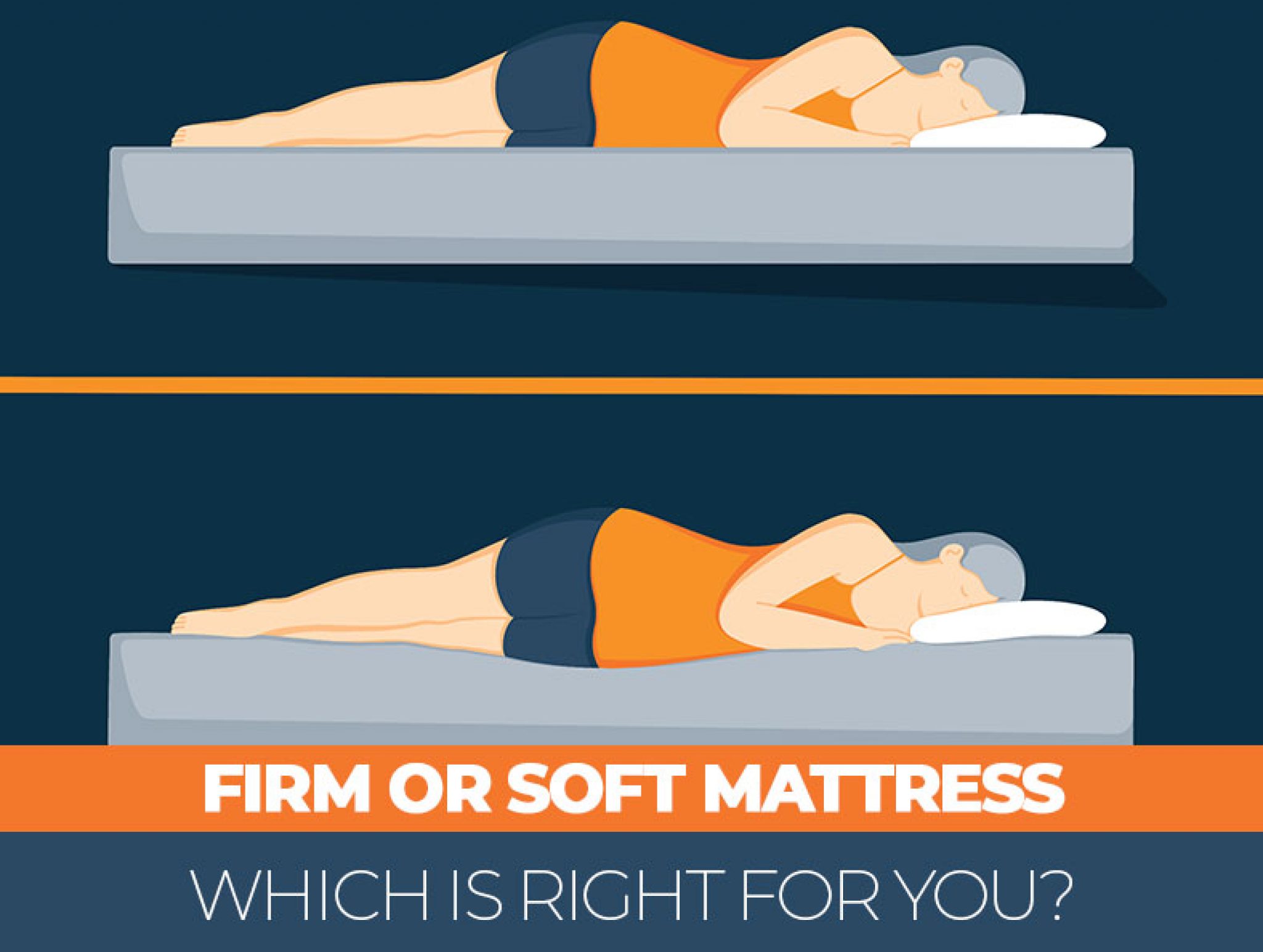
Pros:

- Support: A firm mattress is firmer and provides better support for your body, especially your spine. This can help alleviate back pain and promote better posture.
- Durability: Firm mattresses are generally more durable and can last longer than softer ones. This makes them a good investment in the long run.
- Weight distribution: A firm mattress can distribute your body weight evenly, which is particularly beneficial for heavier individuals.
Cons:
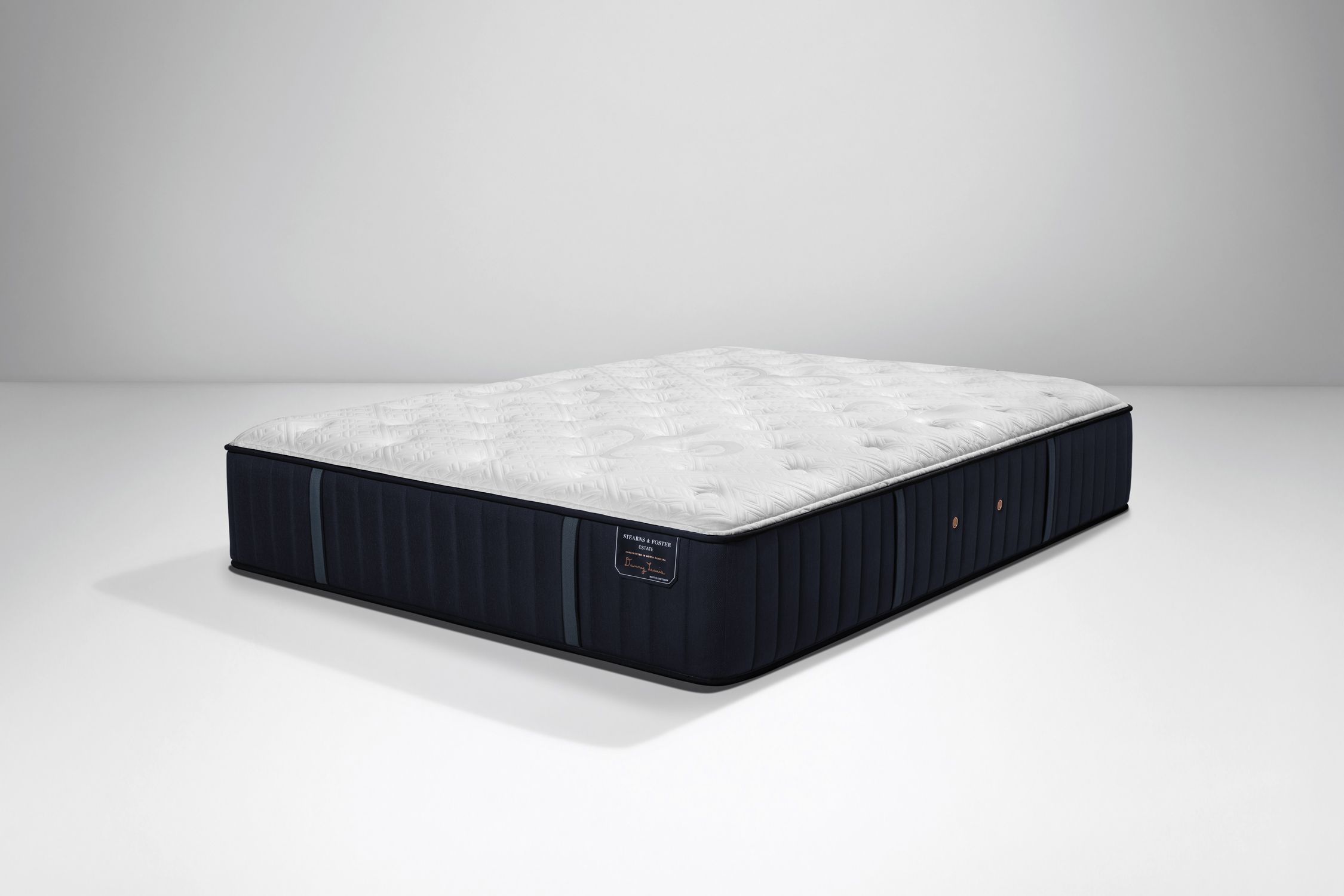
- Comfort: Some people may find a firm mattress too hard and uncomfortable, especially if they prefer a softer sleeping surface.
- Pressure points: Sleeping on a firm mattress can create pressure points, which may cause discomfort and affect sleep quality.
- Not suitable for everyone: People with certain medical conditions, such as arthritis or joint pain, may find a firm mattress too uncomfortable and may benefit from a softer option instead.
Soft Mattress

Pros:
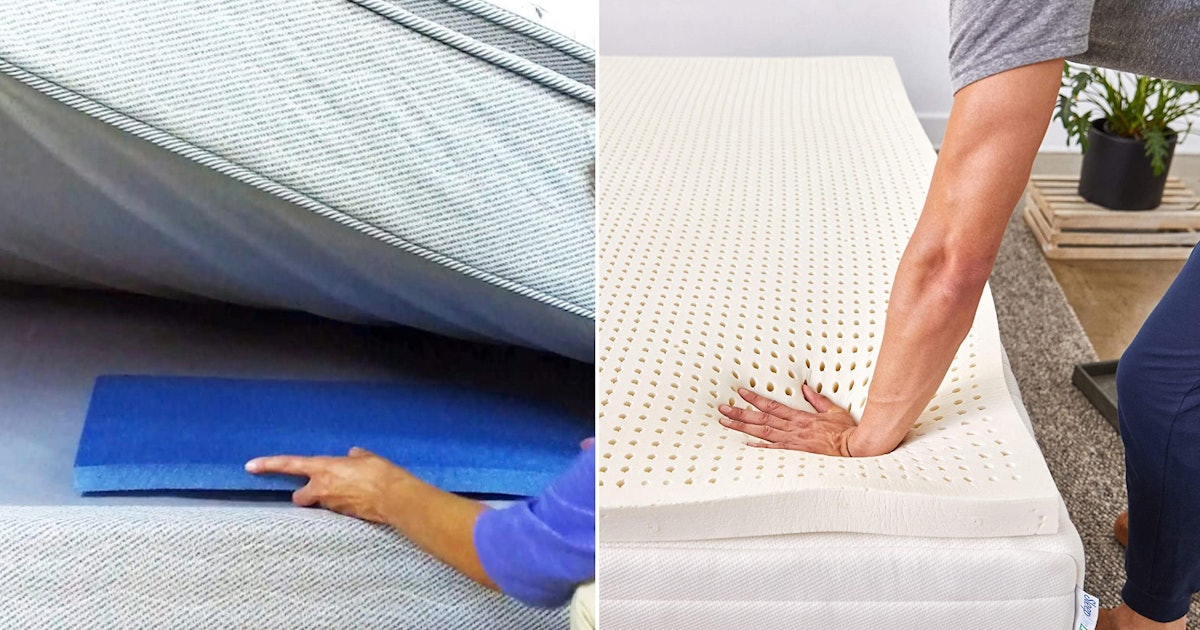
- Comfort: Soft mattresses provide a plush and cushioned sleeping surface, which can be more comfortable for some people.
- Pressure relief: A soft mattress can reduce pressure points and provide better support for joints, making it a good option for people with arthritis or joint pain.
- Flexibility: Soft mattresses can conform to the shape of your body, making them a good choice for side sleepers.
Cons:
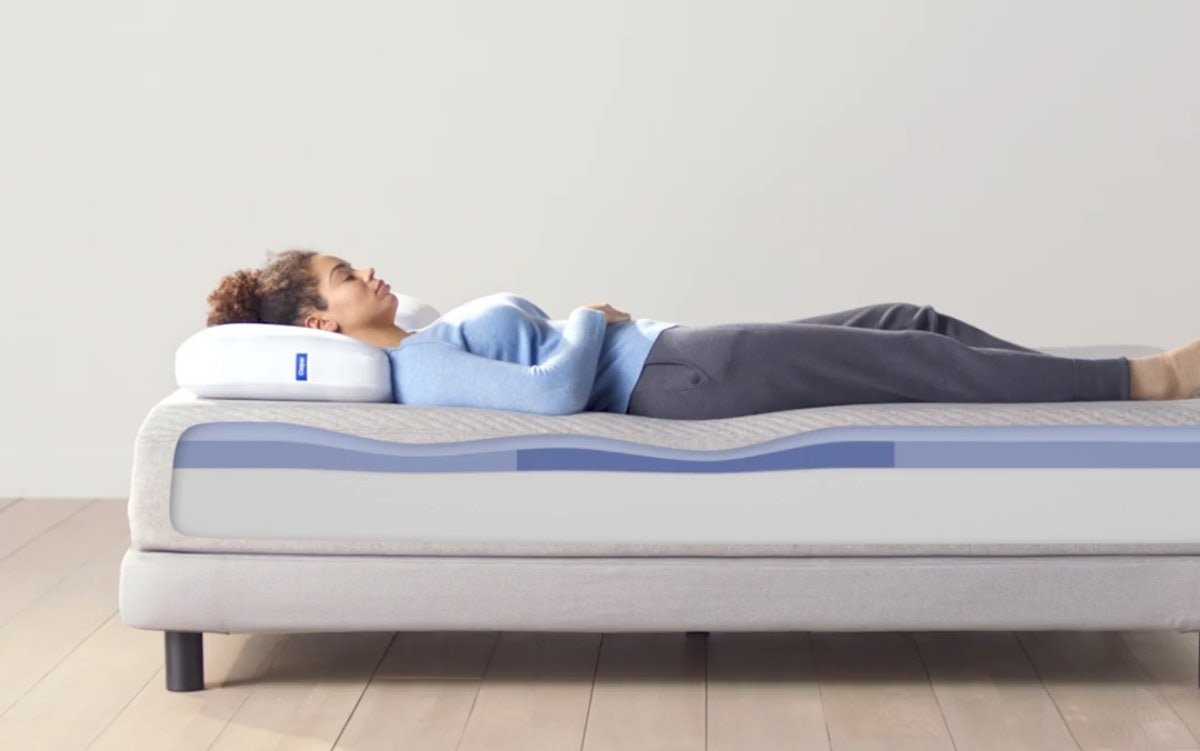
- Lack of support: Soft mattresses may not provide enough support for your spine, which can lead to back pain and other issues over time.
- Durability: Due to their construction, soft mattresses may not last as long as firm ones and may need to be replaced more frequently.
- Not suitable for all sleeping positions: While soft mattresses may be comfortable for side sleepers, they may not provide enough support for back or stomach sleepers.


